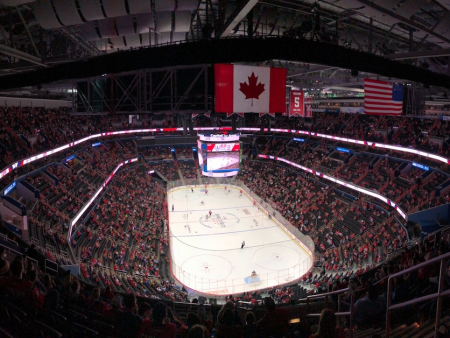
The Dutch gambling market, once projected for robust growth in 2024, has instead faced a period of stagnation and shifting consumer habits.
The latest market scan from the Kansspelautoriteit (KSA) reveals that regulated Dutch gambling revenue remained flat year-over-year at €4.3 billion. While the topline figure suggests stability, a closer look uncovers a market in flux, particularly within the struggling land-based sector.
Land-based gaming revenue fell by 5.5 percent to €1.30 billion, correcting previous reports that had suggested a stronger post-pandemic recovery. Slot machine revenue dropped by 5.4 percent overall, though machines within Holland Casino locations saw a slight uptick, indicating resilience in premium venues.
Conversely, arcades experienced a sharp 15 percent decline in gaming positions, while bars and restaurants saw an increase, signaling a shift in where Dutch players are choosing to gamble.
In contrast to the land-based struggles, the lottery segment remains the market’s powerhouse, growing 3 percent to €2.42 billion and accounting for 34 percent of total revenue. The online sector showed mixed results; online casino Gross Gaming Revenue (GGR) slipped slightly by 1.1 percent, breaking a multi-year growth streak.
However, online sports betting surged by 17.7 percent to €352.6 million, driven by a strong calendar of events and deepened user engagement.
Tax revenue held steady at €1.03 billion for the year, but the KSA warns of impending pressure. New player deposit limits and a tax rate hike to 34.2 percent introduced in January 2025 are expected to dampen future collections, with another increase planned for 2026.
The Dutch market appears to be transitioning from rapid expansion to a more mature, cautious phase defined by tighter regulation and evolving player preferences.





